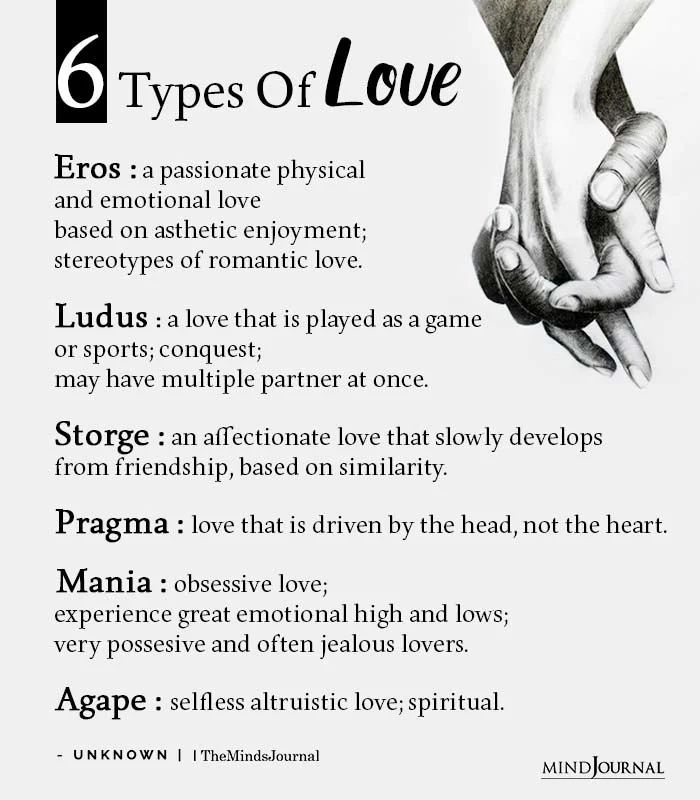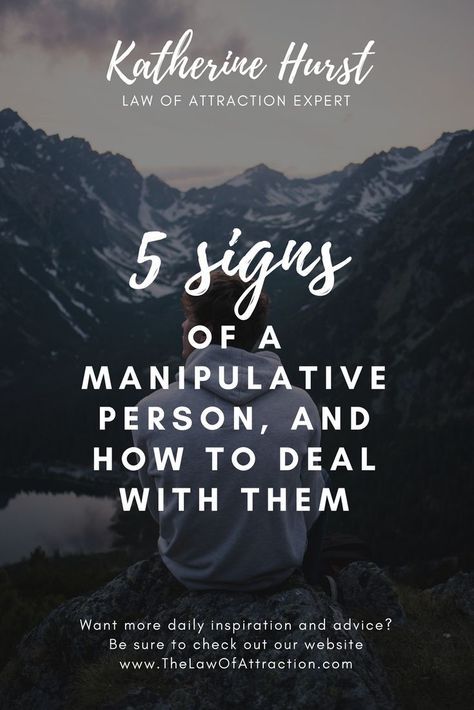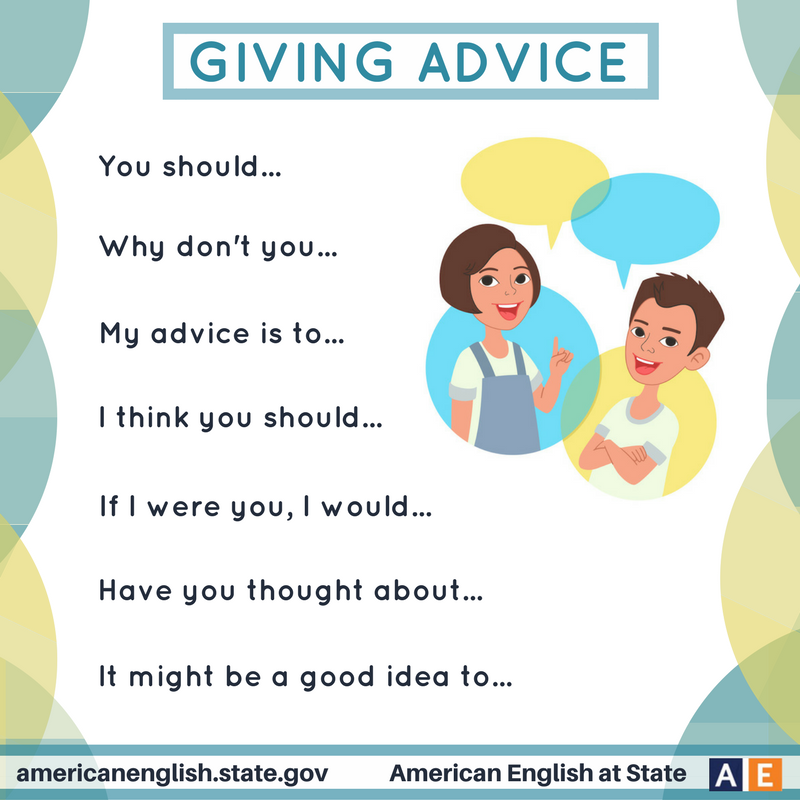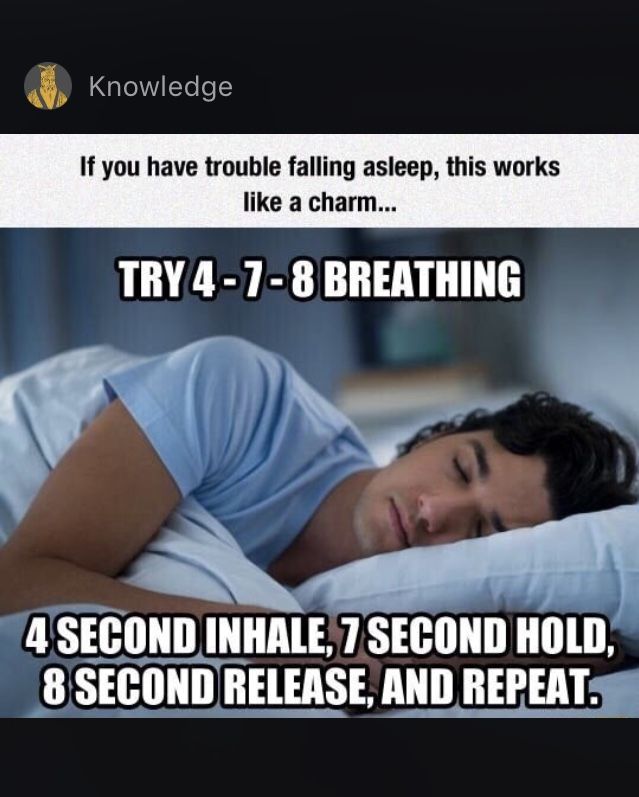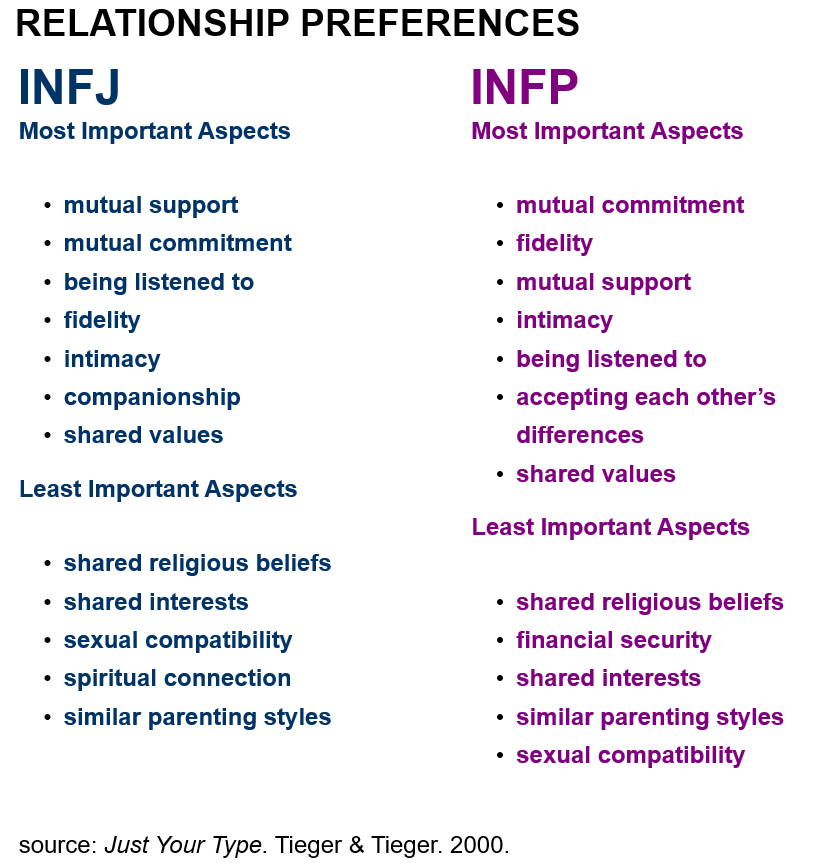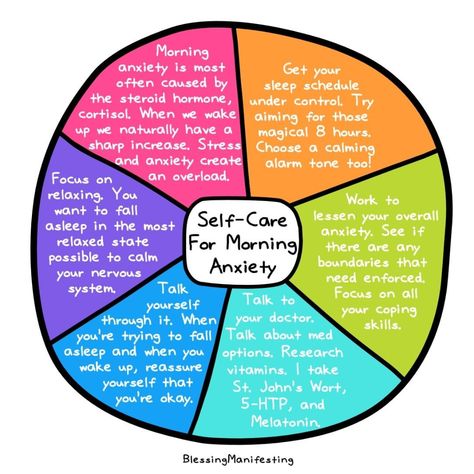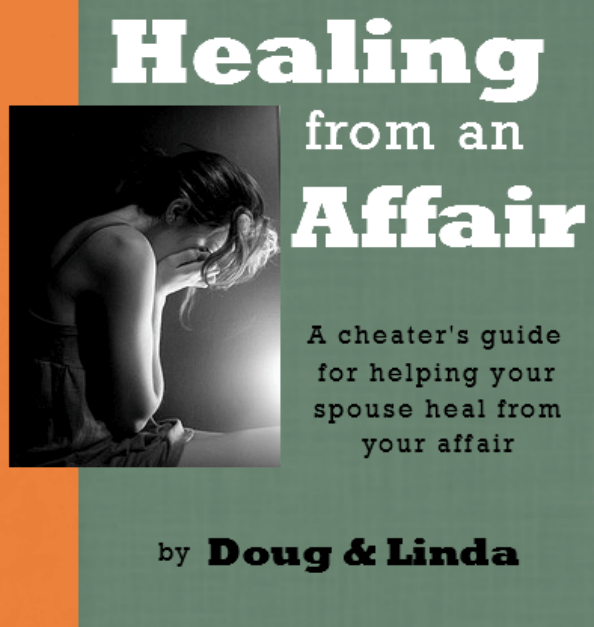What causes obsessive love
Symptoms, What It is, Causes, and More
What is obsessive love disorder?
“Obsessive love disorder” (OLD) refers to a condition where you become obsessed with one person you think you may be in love with. You might feel the need to protect your loved one obsessively, or even become controlling of them as if they were a possession.
While no separate medical or psychological classification exists for OLD, it can often accompany other types of mental health illnesses. Talk to your doctor if you think you or a loved one may have the disorder. Treatment can help decrease the symptoms while also preventing complications with relationships.
Symptoms of OLD may include:
- an overwhelming attraction to one person
- obsessive thoughts about the person
- feeling the need to “protect” the person you’re in love with
- possessive thoughts and actions
- extreme jealousy over other interpersonal interactions
- low self-esteem
People who have OLD may also not take rejection easily. In some cases, the symptoms could worsen at the end of a relationship or if the other person rejects you. There are other signs of this disorder, such as:
- repeated texts, emails, and phone calls to the person they’re interested in
- a constant need for reassurance
- difficulty having friendships or maintaining contact with family members because of the obsession over one person
- monitoring the actions of the other person
- controlling where the other person goes and the activities they engage in
There’s no one single cause of OLD. Instead, it may be linked to other types of mental health disabilities such as:
Attachment disorders
This group of disorders refers to people who have emotional attachment issues, such as a lack of empathy or an obsession with another person.
Types of attachment disorders include disinhibited social engagement disorder (DSED) and reactive attachment disorder (RAD), and they both develop during childhood from negative experiences with parents or other adult caregivers.
In DSED, you might be overly friendly and not take precautions around strangers. With RAD, you may feel stressed and have problems getting along with others.
Borderline personality disorder
This mental health disorder is characterized by a disturbance with self-image coupled with severe mood swings. Borderline personality disorder can cause you to be extremely angry to extremely happy within a matter of minutes or hours.
Anxious and depressive episodes also occur. When considering obsessive love disorder, personality disorders can cause switches between extreme love for a person to extreme disdain.
Delusional jealousy
Based on delusions (events or facts you believe to be true), this disorder is exhibited by an insistence on things that are already proven false. When it comes to obsessive love, delusional jealousy can cause you to believe the other person has reciprocated their feelings for you, even if they’ve made it clear this is indeed not true.
According to a 2005 study, delusional jealousy may be linked to alcoholism in men.
Erotomania
This disorder is an intersection between delusional and obsessive love disorders. With erotomania, you believe that someone famous or of a higher social status is in love with you. This can lead to harassment of the other person, such as showing up at their home or workplace.
According to Comprehensive Psychiatry, people with erotomania are often isolated with few friends, and they may even be unemployed.
Obsessive-compulsive disorder (OCD)
Obsessive-compulsive disorder (OCD) is a combination of obsessive thoughts and compulsive rituals. These are severe enough to interfere with your everyday life. OCD can also cause you to need constant reassurance, which can affect your relationships.
Some people are said to have relationship OCD, where obsessions and compulsions are centered around the relationship. However, this isn’t an officially recognized subtype of OCD.
Obsessional jealousy
Unlike delusional jealousy, obsessional jealousy is a nondelusional preoccupation with a partner’s perceived infidelity. This preoccupation can lead to repetitive and compulsive behaviors in response to infidelity concerns. These behaviors resemble OCD more so than delusional jealousy. This can cause significant distress or impair everyday functioning.
OLD is diagnosed with a thorough evaluation from a psychiatrist or other mental health professional. First, they will interview you by asking you questions about your symptoms, as well as your relationships. They’ll also ask you about your family and whether any known mental health illnesses exist.
A medical diagnosis from your primary doctor may also be needed to rule out other causes. Since obsessive love disorder intersects with other forms of mental health disabilities, it’s not classified on the American Psychological Association’s Diagnostic and Statistical Manual of Mental Disorders (DSM).
For unknown reasons, OLD affects more women than men.
The precise treatment plan for this disorder depends on the underlying cause. However, it often involves a combination of medication and psychotherapy.
Medications can be used to adjust brain chemicals. In turn, this can reduce the symptoms of the disorder. Your doctor may recommend one of the following:
- anti-anxiety medications, such as Valium and Xanax
- antidepressants, such as Prozac, Paxil, or Zoloft
- antipsychotics
- mood stabilizers
It can take several weeks for your medication to work. You may also need to try different types until you find the one that works best for you. Talk to your doctor about possible side effects, such as:
- appetite changes
- dry mouth
- fatigue
- headaches
- insomnia
- loss of libido
- nausea
- weight gain
- worsening symptoms
Therapy is also helpful for all forms of OLD. Sometimes it’s helpful for families to be involved with therapy sessions, especially if obsessive love disorder stems from issues during childhood. Depending on the severity of the disorder and your personal preferences, you might engage in individual or group therapy. Sometimes a mental health professional will recommend both types.
Therapy options include:
- cognitive behavioral therapy
- dialectical behavioral therapy
- play therapy (for children)
- talk therapy
While OLD is gaining more attention, it’s relatively rare. It’s estimated that less than 0.1 percent of people have the disorder.
If you or a loved one has possible symptoms of obsessive love disorder, you should see a doctor. They may refer you to a psychiatrist to help determine whether you truly have OLD. You may also have another mental health illness.
When diagnosed and treated, OLD may have a positive outcome. The key, however, is to not quit therapy or treatment if you think you’re feeling better. Suddenly stopping your treatment can worsen symptoms, or make them return.
Obsessive love disorder: Symptoms and treatment
Love can be a euphoric feeling, but many people have felt the pain of a broken heart and the intensity of infatuation. Obsessive love takes these emotions further, causing a person to fixate on their loved one as though they are an object or possession.
Health professionals do not widely recognize obsessive love, or “obsessive love disorder,” as a mental health condition.
Indeed, it is not currently listed in the Diagnostic and Statistical Manual of Mental Disorders, 5th edition (DSM-5). However, obsessive love can be a sign of other mental health challenges and conditions.
If the person experiencing feelings of obsessive love does not receive treatment for the overall symptoms, they may have difficulty regulating these feelings. In very extreme cases, this may even trigger a person to commit acts of violence or abuse.
This article discusses obsessive love, the causes and symptoms behind it, and some possible treatment options.
A note about sex and gender
Sex and gender exist on spectrums. This article will use the terms, “male,” “female,” or both to refer to sex assigned at birth. Click here to learn more.
Forming a definition of “real” love has eluded scholars for centuries. Likewise, there is no single list of criteria that can distinguish obsessive love from real love.
The American Psychological Association (APA) defines love as:
- a complex emotion that involves strong feelings of tenderness or affection toward the other person
- experiencing pleasurable sensations in the presence of the other person
- devotion to the other person’s well-being
Love can take many forms, including the love of family members or friends, concern for other humans, erotic love, and self-love.
Some experts suggest that romantic relationships have three essential components, called the triangular theory of love:
- passion
- intimacy
- commitment
A 2020 article noted that the element of passion may include behaviors such as:
- focused attention
- intrusive thinking
- obsessive following
- possessiveness
In some cases, these thoughts or behaviors may tip into obsessive love.
Love can also cause physical changes in the body and may involve:
- hormones such as oxytocin, vasopressin, cortisol, and testosterone
- neurotransmitters such as dopamine and serotonin
- nerve growth factor
For some people, these feelings may be so powerful that they become obsessed with keeping and controlling the person they love. They may appear to worship their partner at times, but become angry or jealous at the slightest threat.
The authors of the article suggested that the four components of love are:
- attraction
- resonance or connection
- trust
- respect
Some of these factors may be missing in obsessive love. For example, people with extreme jealousy may not trust their partner which may lead to them trying to control their partner or constantly monitoring their behavior.
Obsessive love may focus on ownership of a partner, rather than seeing them as an equal. Rather than loving the person and wanting the best for them, people with obsessive tendencies may love the other person because of their own needs.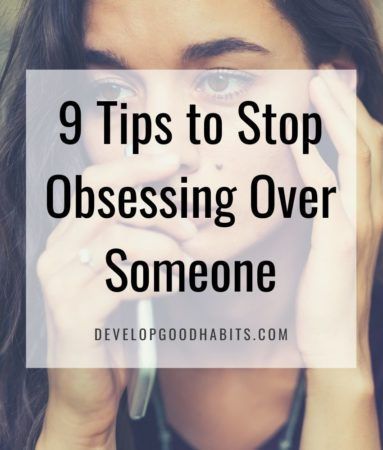
Relationship obsessive compulsive disorder (ROCD) includes obsessions over a close or intimate relationship or partner and may include an obsessive focus on how a partner is unreliable or untrustworthy. Obsessive distrust in a relationship may link to depression, anxiety, and violence in a relationship.
Obsessive love may sometimes involve a relationship that does not actually exist, such as with a celebrity or a stranger.
Erotomania is a psychiatric disorder in which a person has a delusional belief that a person of higher social status than them is in love with them. With erotomania, the focus is on receiving love, rather than giving love.
To help support your mental well-being and that of your loved ones during this difficult time, visit our dedicated mental health hub to discover more research-backed information.
There are many factors that may cause obsessive love, which can include delusional disorders and mental health issues.
Erotomania
Erotomania, or de Clérambault’s syndrome, is a psychiatric condition in which a person has a delusional belief that another person loves them, usually someone of a higher status.
There are primary and secondary forms of erotomania. In primary erotomania, no other health condition causes erotomania and erotic delusion is the only symptom.
Secondary erotomania may be linked to other psychiatric conditions, such as schizophrenia or major depressive disorder. Erotomania may also be linked to head trauma, pregnancy, alcohol abuse, or certain medications such as amphetamines.
One 2017 case study suggested that social media may worsen erotomania. This is because it allows people with obsessive tendencies to observe others from a distance and to feel closer to them than they might otherwise feel.
Borderline personality disorder
People with borderline personality disorder (BPD) may intensely fear abandonment and have difficulty controlling emotions. They may quickly enter into relationships, or have intense relationships with others.
People with BPD may act impulsively, with intense mood swings. The condition may have a negative impact on a person’s relationships. People may feel an extreme closeness to another person, which may then suddenly change to dislike.
People may feel an extreme closeness to another person, which may then suddenly change to dislike.
People with BPD may not have a consistent self-image or sense of self. This may worsen obsessive tendencies, since they may find it difficult to see themselves as real or worthy individually, separate from their relationships.
However, each person with BPD experiences different symptoms and at different levels of severity.
Attachment disorders
A person’s ability to form healthy attachments with others begins early in childhood. People whose parents or caregivers were unstable or abusive may develop abnormal patterns of attachment. This may cause them to become obsessive, controlling, or fearful in their relationships.
The attachment styles people develop as a child can influence how they behave in future relationships as an adult.
If people had a stable and responsive caregiver as a child, they develop a secure attachment style. This means a person is likely to be independent, manage their emotional experiences, and value close relationships.
If a child has an unstable caregiver, they may develop an insecure attachment style. This can make a person anxious, avoidant, or fearful in a relationship. People with insecure attachment styles may express emotions in a heightened way with an increased dependency on others.
Learn more about codependent relationships here.
Trauma and fears of abandonment
Trauma or experiences in childhood that lead to an insecure attachment style may lead to fear of abandonment. People with a fear of abandonment may develop obsessive tendencies.
People may be fearful to be alone and they may make threats or take impulsive actions in order to prevent a partner from leaving.
Other mental health conditions
A wide range of mental health conditions can distort or alter a person’s perspective, making them more fearful, obsessive, or depressed. This may increase their risk of becoming obsessed with their relationship.
People with dependent personality disorder may be clingy toward a partner, need constant reassurance from others, and feel helpless if they are alone.
Learn more about the different types of personality disorder here.
Social and cultural norms
Some social and cultural norms demand more of one partner than the other. This could mean that some parents and caregivers expose their children to these unhealthy relationship styles during their upbringing.
For example, being exposed to various relationship “norms” during childhood might cause some people to grow up believing that love means ownership, or that their partner must do everything they want to prove their love.
These thinking patterns are one hallmark of harmful masculinity or toxic masculinity. People with this trait may believe that it is acceptable for males to treat their partners in a way that is physically or emotionally damaging.
Those who display signs of toxic masculinity may also be controlling, demand more of their partners than they are willing to give, or abuse partners who break their “rules.”
If you or someone you know is in immediate danger of domestic violence, call 911 or otherwise seek emergency help. Anyone who needs advice or support can contact the National Domestic Violence Hotline 24/7 via:
Anyone who needs advice or support can contact the National Domestic Violence Hotline 24/7 via:
- phone, at 800-799-7233
- live chat, at thehotline.org
- text, by texting LOVEIS to 22522
Many other resources are available, including helplines, in-person support, and temporary housing. People can find local resources and others classified by demographics, such as support specifically for People of Color, here:
- The Office on Women’s Health
- The National Coalition Against Domestic Violence
The symptoms of obsessive love vary depending on the reason for the obsession. For instance, a person with a delusional disorder may experience altered reality or demonstrate unusual behavior, while a person with depression may have low self-esteem or experience suicidal thoughts.
In general, some signs that love is obsessive may include:
- an intense preoccupation with the relationship that is disproportionate to how long people have known each other
- immediately falling “in love” with new partners, or even with strangers
- extreme attempts to control the other person
- threatening the other person if they attempt to leave
- refusing to listen to the other person’s feelings or accept any boundaries they attempt to create
- demanding specific unreasonable behaviors from the other person
Other symptoms may include different types of jealous behavior.
Obsessional jealousy
People with obsessional jealousy have excessive jealous thoughts alongside compulsive behaviors. People with obsessional jealousy may recognize their thoughts are irrational. Symptoms of obsessional jealousy are more extreme than the normal emotion of jealousy, and include:
- intrusive and excessive jealous thoughts, which may be difficult to stop thinking about
- limiting a partner’s freedom
- checking on a partner’s behavior
Delusional jealousy
According to a 2018 article, delusional jealousy occurs when a person has absolute certainty that a partner is being sexually unfaithful to them, but having no evidence for this belief. Delusional jealousy is a type of psychotic disorder, which people may also refer to as Othello syndrome.
Symptoms of delusional jealousy include:
- false but certain belief that a partner is being unfaithful
- persistent delusions about a partner’s infidelity
- preoccupation with a partner’s infidelity
- paranoid and irrational thoughts and emotions
- unacceptable or extreme behavior
A mental health professional may decide that a person’s relationship is obsessive based on the symptoms they exhibit and whether or not they negatively affect the person’s life. There are no specific diagnostic criteria for obsessive love.
There are no specific diagnostic criteria for obsessive love.
Obsessive love can be a sign of another mental health condition, so a healthcare professional may ask questions about a person’s mental health history. They may also recommend psychological or medical testing to rule out other causes, especially if the person demonstrates delusional behavior.
If a healthcare professional suspects a condition such as ROCD, they may use the obsessive distrust inventory (ODIS), which is a scale assessing how the person perceives their partner.
Treatment for obsessive love focuses on identifying the cause of the obsessive thoughts and feelings, then treating that cause. A person with a personality disorder may need psychotherapy and medications to manage any symptoms, such as anxiety or mood swings.
A treatment plan may involve learning more about the condition, learning healthy coping strategies to process emotions, and maintaining a healthy lifestyle.
Therapy may help people to manage obsessive feelings and develop healthier relationships. A therapist may help with processing trauma, managing underlying conditions, and establishing healthier relationship norms.
A therapist may help with processing trauma, managing underlying conditions, and establishing healthier relationship norms.
In the early stages of treatment, individual therapy is best, especially if the relationship is abusive. If each person in the relationship is able to establish better boundaries individually, couples counseling may then help them work together and move past the obsessive love.
There is no clear treatment plan or timeline for recovering from obsessive love. It is an individual experience that depends on many factors, from the level of obsessive love to the underlying condition that could be causing it.
If people with obsessive love are aware of their behavior, seeing a doctor is important in finding out the underlying cause and starting a treatment plan.
A person with obsessive love may not see their behavior as problematic. They might instead view the object of their affection as insufficiently loving or loyal, believing the other person to be the problem. This can mean that a person may find it difficult to seek treatment.
This can mean that a person may find it difficult to seek treatment.
People who struggle to let go of relationships or who feel very insecure in a relationship may wish to consider the possibility that their love is obsessive and try to seek treatment.
If people are on the receiving end of obsessive love, they can contact a healthcare professional for advice. People can also contact the National Domestic Violence Hotline for help or call 911 if they are in immediate danger.
Obsessive love may be a sign of a serious mental health condition, and without treatment, it may be destructive to friendships and relationships. It could also lead to other serious mental health concerns for anyone involved. In severe cases, obsessive love may lead to legal difficulties or violence.
It is possible to treat the mental health conditions and other causes that can lead to obsessive love, especially with adequate support. However, this is only possible if the person with feelings of obsessive love feels able to seek help and support.![]()
If a person is on the receiving end of obsessive love, they can contact a healthcare professional, support group, or hotline for help.
Obsessive love - how to get rid of it for a man and a woman
Love is a wonderful and inspiring feeling. When a person loves and feels loved, he immediately feels better. However, it's all good when it's a healthy feeling, because sometimes it turns into obsessive love. It may go unnoticed. Obsessive love is a very strong feeling that gets out of control. Sometimes it's hard to tell whether the feeling that binds certain people in love remains or whether it can turn into an obsession. nine0003
Love and obsession are feelings that are sometimes hard to tell apart. It's easy to miss the moment when love attachment becomes an obsession - unhealthy, and eventually even dangerous - for both your partner and yourself.
Although love and obsession have some characteristics in common, they are quite different. Sometimes it's just hard to see the differences.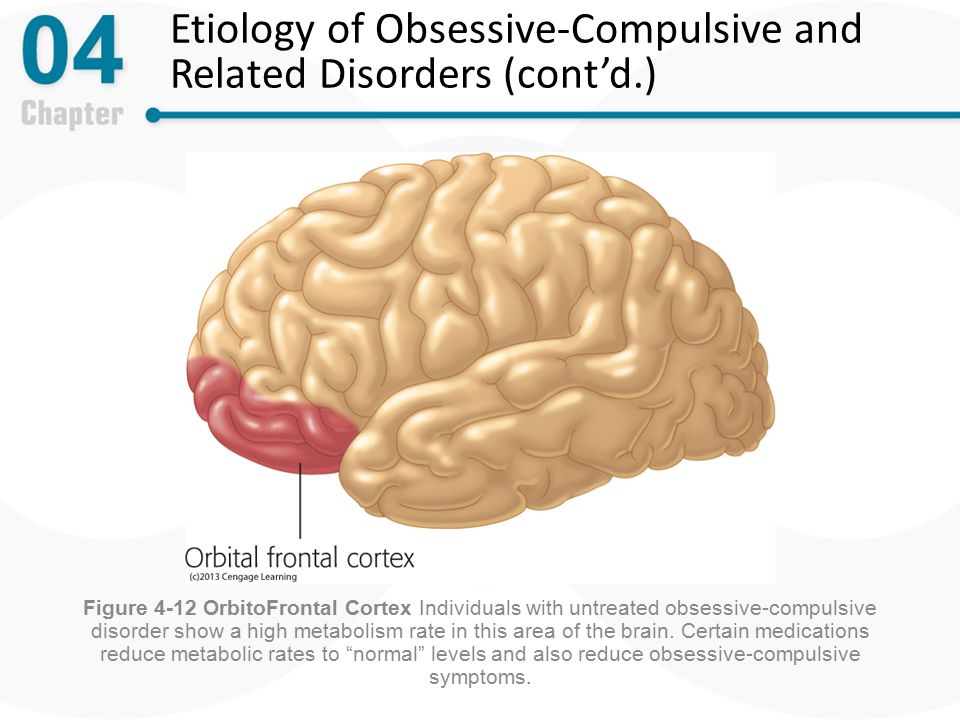 Love is a positive feeling: it strengthens a person, helps him gain self-confidence and allows him to build equal relationships based on mutual understanding, partnership and trust. What then is obsessive love? nine0003
Love is a positive feeling: it strengthens a person, helps him gain self-confidence and allows him to build equal relationships based on mutual understanding, partnership and trust. What then is obsessive love? nine0003
Possession is not positive - it destroys and suppresses. Even if the person thinks he is getting the most out of it. In this sense, possession can even be seen as a certain addiction to love attraction. Addiction tells a person to forget about himself and his desires, and also causes constant stress, sadness and feelings of tension. In such circumstances, one cannot speak of a healthy, equal relationship based on a solid foundation.
Psychology
Obsessive love in men and women is an unwanted feeling. It can act destructively and negatively affect loved ones. Each person has his own baggage of experiences and problems - sometimes they are so great that you need to seek help from specialists. Anyone can develop obsessive love, and there are many such people. But all of them have common features, which will be described below.
But all of them have common features, which will be described below.
They have low self-esteem. Only a healthy feeling allows men and women to raise their self-esteem to a healthy and stable level. However, in the case of obsessive love, the self-esteem of this person is initially low and decreases even more. People with low self-esteem who believe they don't deserve love may turn their feeling into an obsession - they will only focus on their partner and be willing to do whatever it takes to keep them from leaving. nine0003
Fear of loneliness - some people cannot and do not want to live alone, so much so that the prospect scares them. They are ready to get stuck in any of the most toxic relationships, because for them it is better than loneliness. They are attracted to people with problems, and they perceive balanced, healthy and calm people as boring. They feel the need for complete control in relationships, because in childhood they did not experience a sense of security and affection from their parents.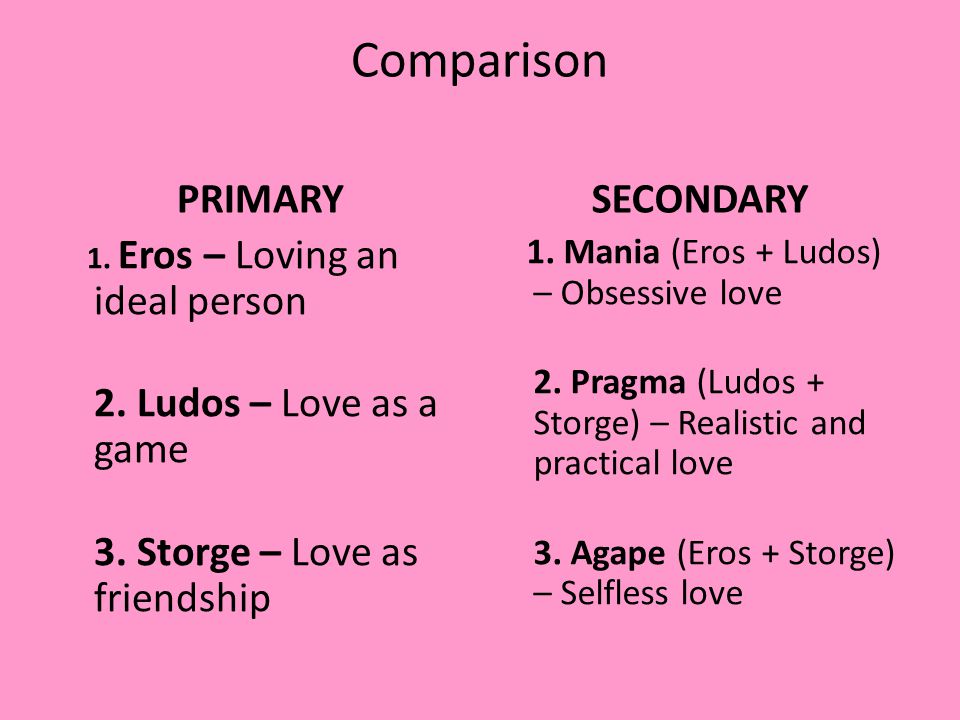
People who are prone to obsessive love and get into toxic relationships very often carry over their problems from childhood. Such people are statistically much more likely that their love will develop into an obsessive relationship or a healthy relationship will turn into a toxic one. nine0003
Signs
People with obsessive love are afraid of being abandoned. Then they will do everything for their loved one - devote all their time and energy to him. No task will be too difficult or time consuming for them. They will do whatever the partner wants or thinks to make him happy. The partner is their center and the most important moment in life - they are ready to sacrifice everything for him.
Obsessive feeling interferes with relationships with other people. Relationships are built as impenetrable - everything that is outside of them ceases to matter, and any attempts to go beyond these boundaries are undesirable. nine0003
A person who is overcome by obsessive love often loses himself - he ceases to be important to himself, since everything is replaced by a partner.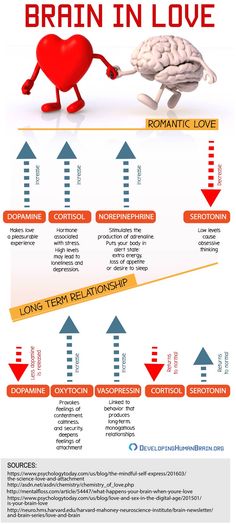 This, in turn, is associated with low self-esteem - a person is not interesting, not worth the time or love for himself, so he transfers all his feelings to his partner.
This, in turn, is associated with low self-esteem - a person is not interesting, not worth the time or love for himself, so he transfers all his feelings to his partner.
It also happens that a person overcome by obsessive poisonous love ceases to perceive a partner as a person - a real person who has his own feelings, character and life goals. He begins to treat it like property. There is no partnership - this is a subjective relationship in which the toxic partner uses the other person only to get what he or she lacks. In such relationships, too, there is no place for healthy, open communication. A person can also manipulate their partner to get what they want. nine0003
In the second case, the obsessively loving partner will give in to everything, pretending that he has no problems and that they have no problems in the relationship. He will avoid confrontation at all costs, fearing loneliness.
How to get rid of
Love can improve the quality of life and help a person become a better, stronger version of himself.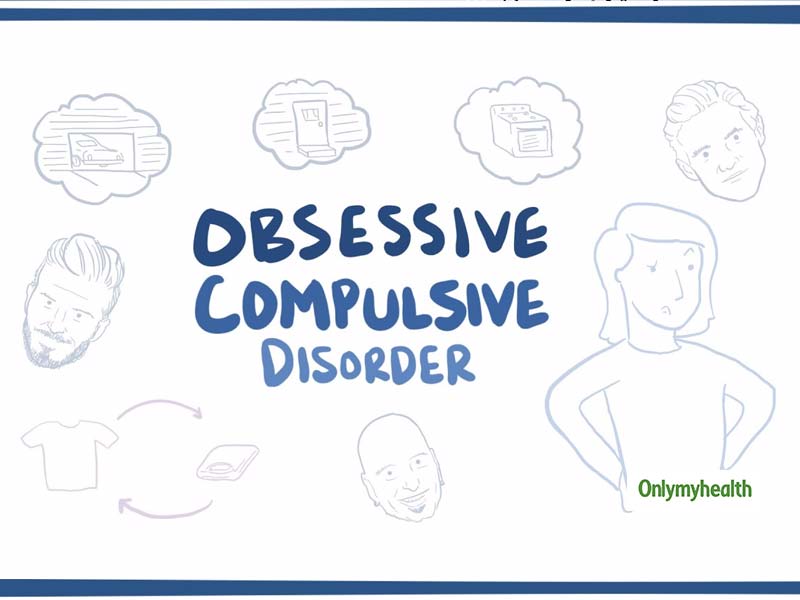 True feeling is completely different from obsessive love. Fortunately, treatment for obsessive, toxic love is possible. This can be difficult, because such people usually do not see the problem and strongly deny its existence. Therefore, awareness of its existence is the first, very important step towards recovery. nine0003
True feeling is completely different from obsessive love. Fortunately, treatment for obsessive, toxic love is possible. This can be difficult, because such people usually do not see the problem and strongly deny its existence. Therefore, awareness of its existence is the first, very important step towards recovery. nine0003
Psychotherapy will help both men and women to get rid of obsessive love, but a person must, first of all, want to change himself, without this nothing will really be achieved. In the process of treatment, people suffering from obsessive love gradually learn to speak directly about their problem and that they are not in control of the situation.
Over time, they also learn to remember themselves and their needs - they build their lives in a completely new way. They learn that it is possible to live alone - it is also a full and happy life, and their happiness does not depend on another person. It also greatly affects their self-esteem. nine0003
Therapy can teach people who were previously consumed by obsessive love to take responsibility for their actions and not blame everyone around for their failures.
In addition to individual psychotherapy, which can improve the quality of life, couples psychotherapy awaits people in relationships where there is a love addiction problem. If you feel like you want to try and build relationships and build healthy relationships, you must learn to set boundaries, communicate, and open up to each other. nine0003
Sometimes this therapy also allows the person to realize that the best thing he can do for himself is to leave his partner and continue living separately. In time, the pain will subside and the person will be able to start a new chapter in their life. Obsession, obsessive love never allows such a thought, and the pain itself does not go away. Therefore, even if you make a joint decision to break up during therapy, this will be a step towards mental health and building the right relationships in the future.
Author : Practical psychologist Vedmesh N.A.
Speaker of the Medical and Psychological Center "PsychoMed"
Love Addiction: Why Feelings Become a Drug
Sometimes we strive so hard for perfect relationships and the very idea of high feelings that we lose sight of what we really need to experience true love.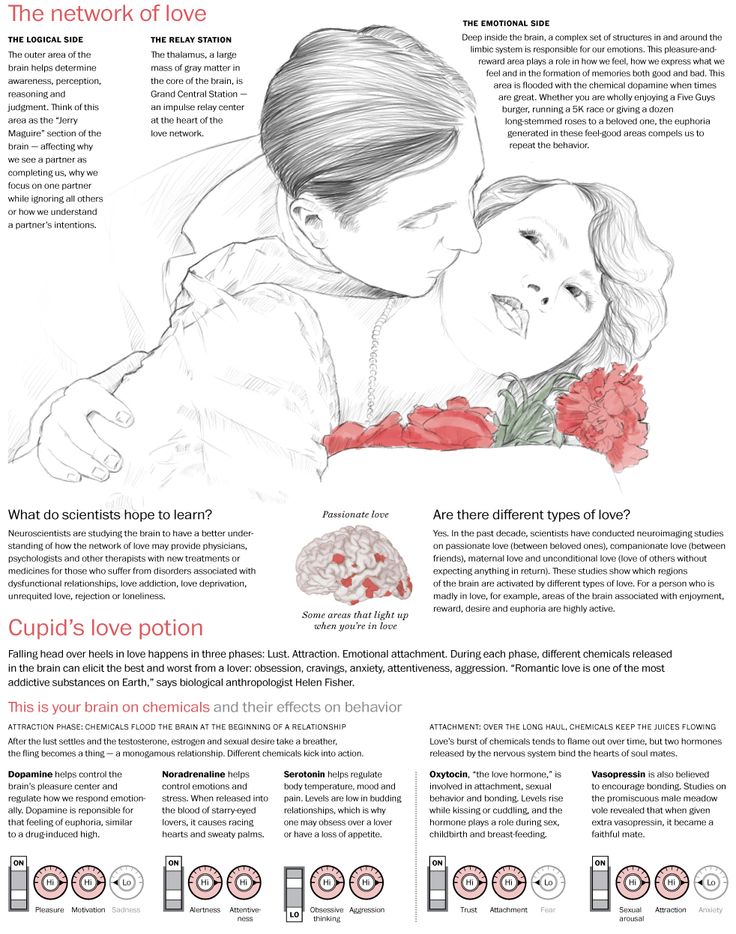
Love addiction (addiction), like many other types of addictions, is quite real. Many of us have encountered her at some point in our lives, even if we didn't realize it was her. By understanding the symptoms and signs that may indicate love addiction, we will have a chance to overcome it and direct all our energies not to painful attachment, but to building a truly healthy and lasting relationship. nine0003
What is love addiction?
Before we talk about what the essence of love addiction is, let's look at more general concepts. Dependence, according to the definition in Ozhegov's Explanatory Dictionary, is subordination to others (another) in the absence of independence, freedom. That is, this is a state in which we perform certain actions not because we want to, but under the influence of something or someone that requires it from us. This is a lack of freedom that brings experiences or even suffering. nine0003
But, oddly enough, addiction is usually preceded by exactly the opposite state. We experience pleasure and pleasure, the cause of which is some substance or person. There is nothing wrong with the very essence of pleasant feelings, but when they turn into an obsession, lead to compulsive behavior, interfere with our lives and cause harm to physical or mental health, this is an occasion to seriously take care of the problem. Addiction makes us feel unable to control our desires. We simply follow our inner instinct, perform certain actions, despite the possible damage that they can do to our mental or physical well-being. In this love addiction completely coincides with any other. nine0003
We experience pleasure and pleasure, the cause of which is some substance or person. There is nothing wrong with the very essence of pleasant feelings, but when they turn into an obsession, lead to compulsive behavior, interfere with our lives and cause harm to physical or mental health, this is an occasion to seriously take care of the problem. Addiction makes us feel unable to control our desires. We simply follow our inner instinct, perform certain actions, despite the possible damage that they can do to our mental or physical well-being. In this love addiction completely coincides with any other. nine0003
For example, some of us found ourselves in a situation where the relationship with a partner was cracking at the seams. And yet something kept us from putting an end to them. As if under the influence of an obsession, we continue to do our best to please our partner in exchange for his attention. Familiar story? Others are in constant search of the ideal relationship. They are focused on the desire to find a mate and feel unbearable discomfort when they are alone. This is a dependence on the very idea of love. nine0003
This is a dependence on the very idea of love. nine0003
With a love addiction, it is almost impossible to maintain a healthy relationship.
We fully rely on the fact that a certain person, whom we subconsciously consider the source of our happiness, will be there. And we are ready for everything for this. If we don't get the "dose" of the emotions and feelings we need, we can put pressure on our partner to feel loved, or start fantasizing about finding that same love on the side. This can lead to one day waking up in the same bed with another man, or turning the screws on an existing relationship—trying to control all of our partner's activities to meet our needs. nine0003
In a healthy relationship, we do not seek total control over our beloved. A partner does not become the only source of positive emotions, although, of course, spending time together and having romantic moments next to him bring us happiness. This is a relationship that you are in not because you desperately need it, but because you sincerely want it. In love addiction, you feel like you can't live without a certain person.
In love addiction, you feel like you can't live without a certain person.
If it seems to you that you are addicted to love, first of all, you should not engage in self-flagellation. It is only natural that you want to love. But love is a feeling that must first originate within you before you can give it to someone else. This does not mean that you need to perfect yourself to the ideal in order to be worthy of love. This means that you can conditionally separate yourself from the relationship you are in and appreciate yourself regardless of what happens between you and your partner. nine0003
Love Addiction Symptoms
If you are in doubt as to whether you truly love someone or are in love addiction, here are some signals to help clear things up.
-
You are obsessed with the idea of love in general. You are constantly visited by fantasies of romantic moments and ideal relationships. You can find inspiration for them in films, books or paintings.
 These dreams of love give strength to live on. And even if you're already in a relationship, that doesn't stop you from fantasizing about passionate or elevated feelings. nine0003
These dreams of love give strength to live on. And even if you're already in a relationship, that doesn't stop you from fantasizing about passionate or elevated feelings. nine0003 -
You are obsessed with a certain person. These can be obsessive thoughts about your partner or even a potential partner (to achieve the attention and love you want no matter what). You may neglect your own affairs, family interests, friends, or hobbies because your thoughts constantly revolve around this person. However, you may mistake sexual attraction for emotional intimacy.
-
You "cling" to your partner. nine0051 When you are around him, you can be overly intrusive: you need to know everything about how he feels, what he thinks. You constantly fight for his attention, even in those moments when it is completely inappropriate. Also, you intend to do everything to keep him in a relationship with you.
-
You can't put an end to a destructive relationship.
 Even if you suffer from emotional or physical abuse, you do not want to leave your partner. Perhaps you are afraid that you will not be able to find another man for yourself, so you prefer to be content with what you already have. nine0003
Even if you suffer from emotional or physical abuse, you do not want to leave your partner. Perhaps you are afraid that you will not be able to find another man for yourself, so you prefer to be content with what you already have. nine0003 -
You value initial attraction more than long-term intimacy. Do you remember how wonderful the moment is when you meet a new person and there is a flash between you - a physical or emotional attraction. This is the feeling you want to feel again and again. Even if you have a permanent partner, you subconsciously continue to look for this feeling on the side. Love is perceived by you as something sublime, impetuous, elusive. And at the same time, you dream of someday meeting your soul mate - a person with whom you will be happy all your life. nine0003
-
You do not feel strong enough to survive the breakup. If your partner wants to leave you and end the relationship, you are filled with great despair.
 You are ready for anything, just to prevent a breakup.
You are ready for anything, just to prevent a breakup. -
You cannot accept being alone. The pain of not having a partner by your side scares you much more than an unhappy relationship. You are ready to meet and live with any person, just not to be alone. You are putting all your energy and time into finding a partner. In those moments when you are not in a relationship with anyone, you dampen the unbearable feelings that loneliness causes by having sex with a random man or fantasizing to escape from reality. nine0003
-
You are ready to sacrifice everything to please your partner. If he is not satisfied with your appearance, behavior or habits, you change them and willingly make sacrifices, just so that he is pleased with you. You may be frightened by what he requires of you, cause inner discomfort, but you will do anything because of the fear that otherwise he will leave you.
-
You want to own a partner.
 nine0051 You feel uncomfortable when he mentions the name of another woman in a conversation with you. Even worse, when you notice that he himself communicates at ease with a representative of the beautiful half of humanity. You can try to force him to cut off all social contact with other women because you are afraid that he may be attracted to someone else besides you. If he is going to spend time with friends, you will make him feel guilty about this.
nine0051 You feel uncomfortable when he mentions the name of another woman in a conversation with you. Even worse, when you notice that he himself communicates at ease with a representative of the beautiful half of humanity. You can try to force him to cut off all social contact with other women because you are afraid that he may be attracted to someone else besides you. If he is going to spend time with friends, you will make him feel guilty about this. -
You love despite the unrequited feelings. nine0051 Even if this person rejected you once, you hope that he can change his mind and change his attitude towards you.
-
You need someone close to you to be happy. You perceive your partner as a guarantor of stability, love and happiness. It seems to you that your life will never be complete if you do not find a person who will fill you with love.
Love addiction is similar to drug addiction. A flash of feelings, attraction to a certain person gives rise to a surge of dopamine and norepinephrine in our body - substances that fill us with energy and lead to a state of euphoria. This affects our brain in the same way as taking stimulants or foods high in sugar. Without getting another dose, we suffer. nine0003
This affects our brain in the same way as taking stimulants or foods high in sugar. Without getting another dose, we suffer. nine0003
The good news is that love addiction can be overcome. The first step - as in the treatment of any other addiction - is to recognize it. Then we can dig deeper and try to understand the reasons behind our addiction to love. This will help shed light on what we really want in life and bring us one step closer to a healthy relationship.
Causes of love addiction
Like most other adult problems, the prerequisites for the formation of love addiction can most often be traced back in childhood. For example, if a child experiences abuse, or one of his parents leaves his family, then later he may subconsciously reach out to those people next to whom he feels safe. However, in adult relationships, partners should not play the parent-child role model. In a harmonious relationship, partners support each other equally. Other causes of love addiction include:
-
Low self-esteem which is also rooted in childhood.
 It is felt as an inferiority that causes discomfort. At the same time, such people think that only thanks to a partner nearby they will be able to feel their integrity. At the same time, they may be tormented by the fact that they consider themselves unworthy of being loved by a good person.
It is felt as an inferiority that causes discomfort. At the same time, such people think that only thanks to a partner nearby they will be able to feel their integrity. At the same time, they may be tormented by the fact that they consider themselves unworthy of being loved by a good person. -
A dysfunctional family. In childhood, we form our views on what relationships we consider "normal". If a person grew up in a dysfunctional family, then, most likely, it is precisely such relationships that he will perceive as the norm. nine0003
-
Loneliness in childhood. Children sometimes think that loneliness is their personal shortcoming. When they grow up, they try in every possible way to make up for it.
-
Loss of ability to trust. Often, after physical or emotional abuse, a person closes in on himself. He will avoid real intimacy and try to find small occasions for romantic experiences.

-
Comorbidities. Depression, anxiety, and other mental health disorders can affect your ability to find and maintain healthy relationships. nine0003
How to cure love addiction?
Because most love addictions are the result of traumatic childhood experiences, many people with this problem choose to seek professional support. A psychologist can analyze a specific case and help you gain a more realistic understanding of yourself, your worth and true desires. Also, together with a professional, the chances of understanding the real reason for love addiction increase. Experts also advise:
-
Pay attention to other possible psychological problems. If you have been stressed or suffering from depression for a long time, throw your energy into restoring your health. To reduce stress, get outdoors more often (take long walks) and play with your pets. It is better to entrust the solution of other, more serious psychological problems to professionals.

-
Take up a hobby. nine0051 What did you enjoy doing after you became addicted to love? Maybe you enjoyed blogging or making your own jewelry? Hobbies help us take our minds off our love addiction. In addition, if we do what we like and what we are good at, our self-esteem increases. This can be one of the steps to realizing your own uniqueness and usefulness.
-
Spend more time with family and friends. As a result of love addiction, you may have paid less attention to relationships with important people in your life. Try to restore good relations with them. nine0003
-
Take care of yourself. Eat healthy food, make sure you get enough sleep every day. If there is a desire to do something pleasant for yourself, by all means do it: take a relaxing bath, go for a manicure or massage, cook your favorite dish. After all, the world doesn't just revolve around love and relationships.
-
Refrain from new relationships.
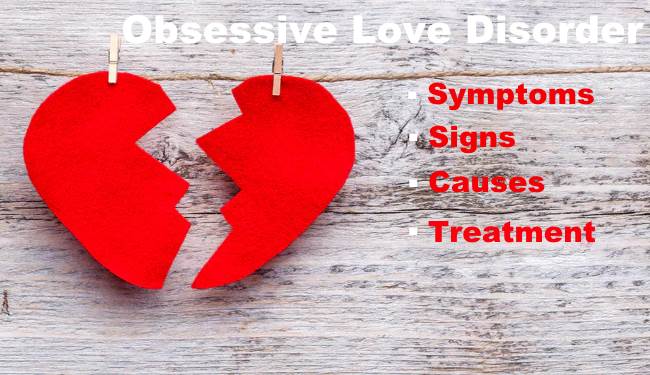 If at the moment you do not have a permanent partner, try not to enter into a relationship for at least a few months. Instead, take the time to become aware of your feelings and thoughts, think about what you really need to be happy, what qualities you want to see in your partner. If you are in a relationship, try not to make important decisions for a while and look at what is happening from the outside. nine0003
If at the moment you do not have a permanent partner, try not to enter into a relationship for at least a few months. Instead, take the time to become aware of your feelings and thoughts, think about what you really need to be happy, what qualities you want to see in your partner. If you are in a relationship, try not to make important decisions for a while and look at what is happening from the outside. nine0003 -
Understand and accept the nature of your feelings. It may not be easy to focus on yourself and understand your emotions. If you delve into the memory, almost every one of us can find painful memories - the past, which we do not want to stir up once again. It can make us feel sad, irritated, or even desperate. However, it is necessary to experience these unpleasant emotions in order to accept certain events and the changes that have occurred in us due to this experience. Being aware of your feelings is part of the process of inner growth.
